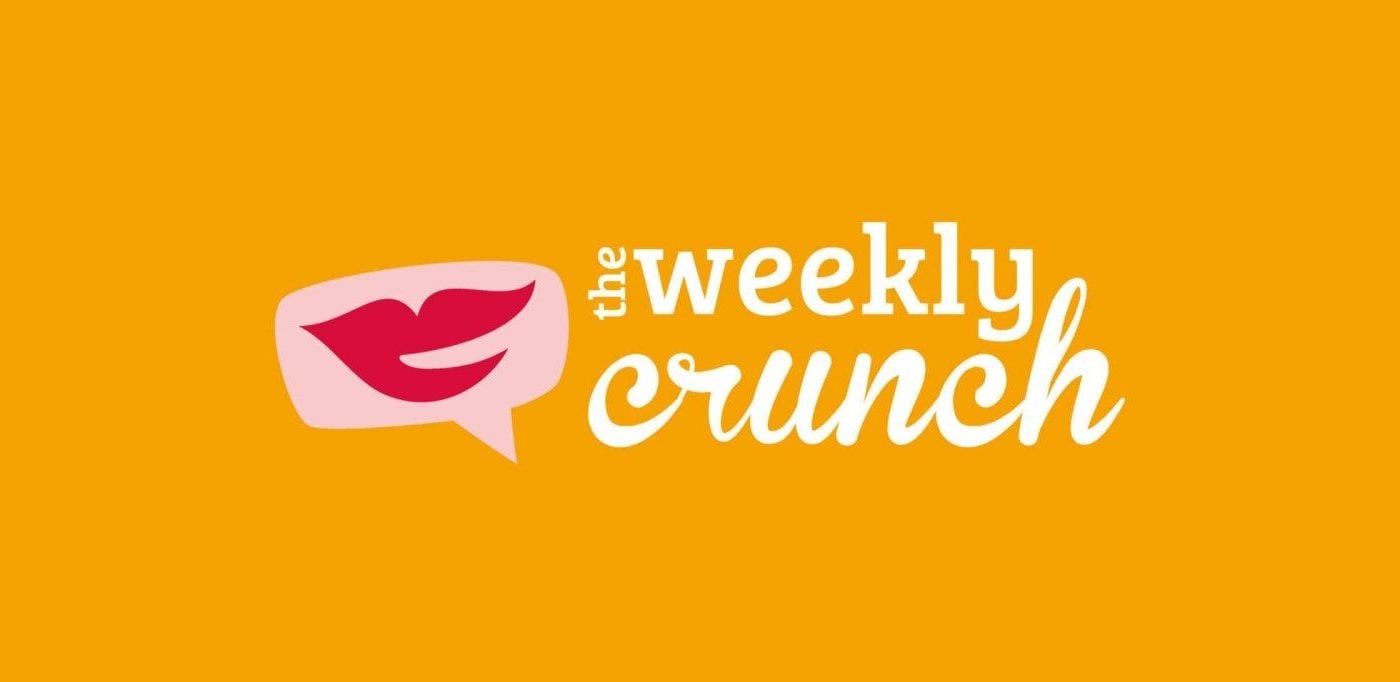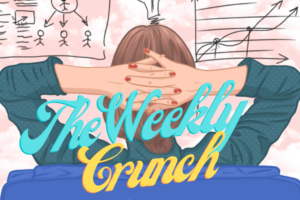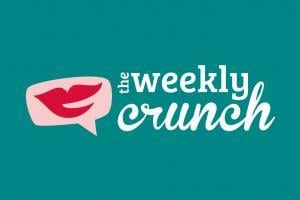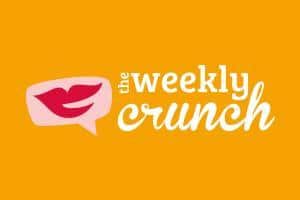Do You Believe In Magic?
Crystals, aura readings and beautifully illustrated tarot decks are common in the homes of many midlife women these days, no matter what their backgrounds. Why? In societies where religious belief is dwindling and trust in the establishment under threat, the idea of looking elsewhere for guidance – to the stars or beyond, has made a kind of sense.
Amongst the explanations researchers have given have been: the internet connecting subcultures and people with alternative views, fashion houses bringing their imagery to the fore, and the decline in Christianity and community in the west. Above all, this new dawn of the new age has been framed as a response to widespread anxiety and unpredictable circumstances.
In particular, this age of uncertainty has been a boom for “crystal ball gazers“. As reported by The New York Times, from New York to New Delhi, fortune-tellers have seen spikes in business; in the US, Forbes magazine reported a 136% rise in people seeking supernatural readings.
What’s more, in the US, where some people consult spiritual healers just as they do therapists or nutritionists, the psychic services industry as a whole – which includes astrology, mediumship, palmistry, aura-reading and tarot – was valued at $2.2bn in 2018 (a 52% rise on 2005).
Once derided as too mystical, energy medicine is becoming more common—trendy, even. Adele reportedly said that she performs better when she holds crystals. Kim Kardashian West visited a local energy healer while on vacation in Bali. And some elite athletes in the NFL and NBA now bring Reiki masters on the road.
Increasingly, scientists are starting to take energy medicine seriously too and some of the best American hospitals are hiring specialists. The Memorial Sloan Kettering Cancer Center and Duke University Health System employ acupuncturists, while Reiki masters are available at the Mayo Clinic’s campus in Rochester, Minnesota. UCSF Medical Center offers qigong for breast cancer survivors, and New York-Presbyterian provides aromatherapy for stress reduction.
How the effect works, exactly, is still a mystery, but scientists believe it may involve a burst of feel-good neurotransmitters like dopamine and endorphins, as well as amped activity in certain brain regions linked to emotional reactions. Essentially, placebos may have a powerful mechanism: they trigger a relaxation response, which appears to allow the body an opportunity to self-heal.
Whether you look into yourself or into the stars for answers, know that: “The mind is a powerful force – says writer David Cuschieri-. It can enslave us or empower us. It can plunge us into the depths of misery or take us to the heights of ecstasy. Learn to use the power wisely.”
Like this post? Support Us or Sign up to our newsletter to get more articles like this delivered straight to your inbox!




